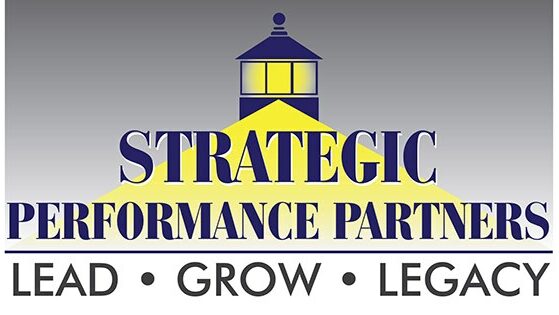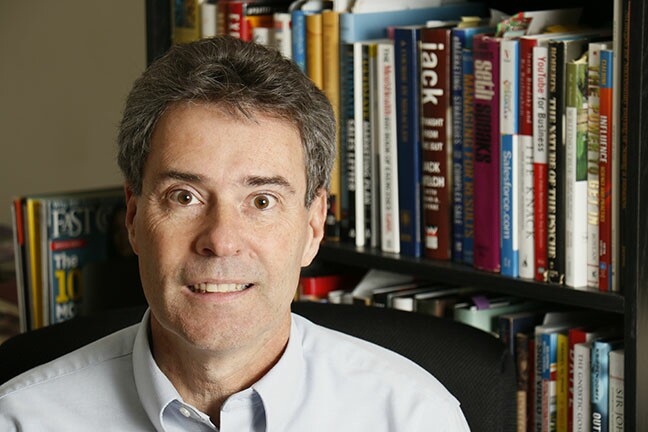How do you become a more powerful leader? What are the key skills you need to have to be a better leader in 2018? Can you learn how to anticipate the future faster? As an executive coach, I’ve been sharing Dan Burrus’s new book, The Anticipatory Organization.
My work as an executive coach has focused on how certain industries are being transformed by major change. I’ve delivered my projects using a new methodology. As an executive advisor, I’m challenged to find new way to help my clients grow. The good news I’ve been working with them for many years with great success. This provides us a chance to try out new things to get better results.
One thing that hasn’t changed, they still look for an edge on their competition. This year is a turning point, many of my coaching clients are beginning to execute their succession strategies. All these leaders are looking to see farther into the future. They also understand leadership is a team sport. This means I need to provide cost effective tools to leaders across their organization.
I have been sharing the Anticipatory Organization model as a way of transforming their companies and markets. So, what does this model look like? Today, I’ll share the parts and over the next several weeks I’ll share how I’ve applied it to different roles within the organization.
I’ve used a coaching process to help ensure the client can do this without my day to day involvement. Coaching provides a more facilitative style of leadership than many have used with their direct reports in the past. We believe we get better results faster using coaching and blended learning!
The first stage in the Anticipatory Organization learning process is knowing what’s next. This means an organization’s leaders have a new way of planning for the future. Most leaders struggle to get a clear view of their market’s future. In this first stage, leaders learn that, in many ways, the future is predictable.
Even my strongest coaching partnerships have been challenged by this concept. Interestingly, the shorter the coaching relationship, the more quickly they seem to adopt this new process. My long-term clients need more time to trust this new style of looking at corporate challenges.
The second stage of the Anticipatory Organization learning process is developing opportunities. As a coach, my client has always expected our partnership to generate new opportunities. What’s changed is we now have a tool kit to help them leverage their team to create opportunities that are better thought out and implementable.
Think organizational innovation on steroids. I believe this is because we can create a shared learning environment and tools that unleash the organization’s innate creativity. The power of shared context is not linear in development, but transformation. Leaders can challenge and share ideas very quickly. The Anticipatory Organization model allows for increased organizational flexibility through the planning process.
The third stage in the Anticipatory Organization learning model is shaping the future. This planning process helps clients develop unique, transformational solutions for their clients. Imagine true partnership with your best clients and customers.
This part of the process allows an organization to create power connections with the people they are working with. Collective problem-solving helps people own their unique solution. In terms of early impact, the coach can see how quickly possibilities emerge based on hard and soft trends.
Clients can make decisions with higher degrees of certainty than they have in the past. This stage can be used by both sales and technology professionals to create more realistic scenarios for decisions that need to be made.
The final stage in the Anticipatory Organization learning model is accelerating success. In this stage, I can coach clients on developing an implementation program. I do many special projects for clients. I’m told that my biggest strength is how we develop practical solutions for the client. Planning without execution is a failure for me as an executive coach.
Imagine what it’s like to have a natural planning process that accelerates with certainty. It’s a powerful combination. Speed and the ability to anticipate the future can make an organization into a market leader quickly.
Next week, I’ll begin sharing specific situations that the Anticipatory Organization process has been used. If you haven’t pre-ordered a copy of The Anticipatory Organization from Danie Burrus yet, this might be a good time. It’s available from both Amazon and Barnes and Noble.
See you next week.

